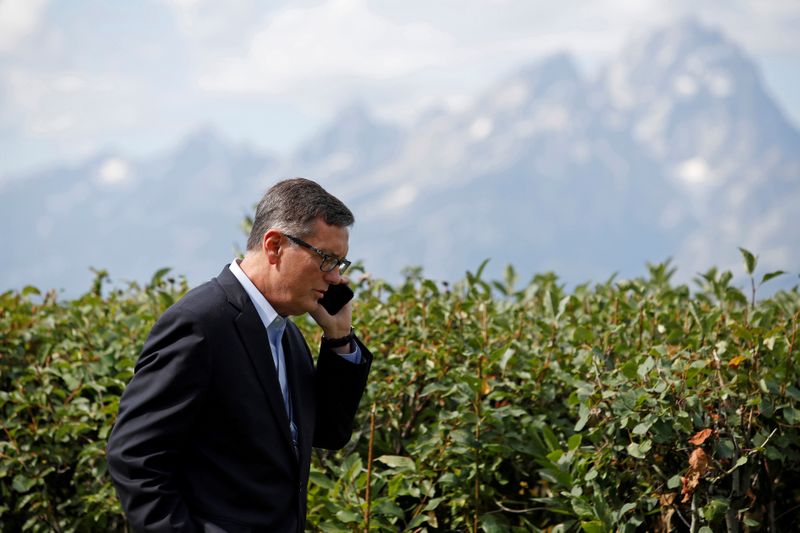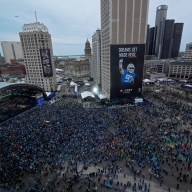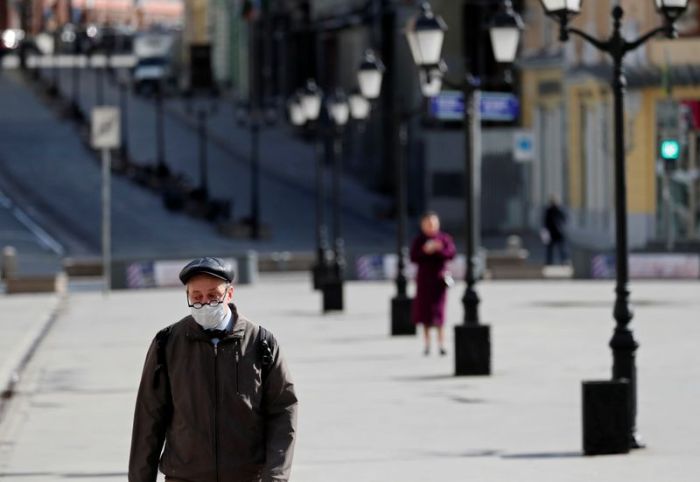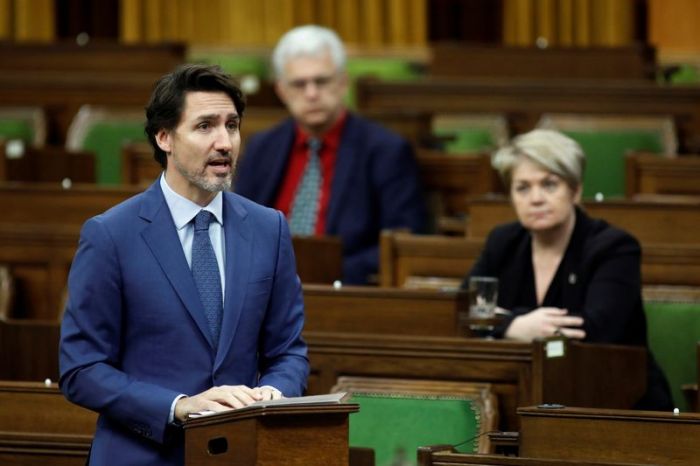WASHINGTON (Reuters) – The coronavirus shock to the U.S. economy won’t push the country into a damaging bout of deflation given the Federal Reserve’s response and its power to do more, Fed vice chair Richard Clarida said on Monday.
“Demand is impacted very adversely. On net it is disinflationary. I don’t think it is deflationary. I think we have the tools to keep the economy out of deflation,” Clarida said in an interview on Bloomberg television.
The distinction is important. The Fed targets an inflation rate of 2%, and a period of disinflation — where prices are still rising but at a slower pace — means it is falling farther from that goal.
But deflation refers to a more chronic problem where goods and services on average are actually getting cheaper, and has been associated with more dire economic episodes like the Great Depression. With prices falling, wages tend to follow, and households pull back on spending.
Clarida noted that as concerns about the coronavirus intensified in February and March, analysts at first regarded it as a potential shock to the global supply chain because of its impact on Chinese manufacturing.
That would likely cause prices to rise.
Clarida said it has instead been a blow to demand which, while deep, is something he feels the Fed has the power to counter.
“I always thought that if we got hit it would be a shock to aggregate demand, and that is what I think it is,” Clarida said. “We are trying to offset that” with programs that include lending to smaller businesses and state governments.
The Fed has also cut interest rates to near zero, and any talk of an increase is “a long way down the road,” Clarida said.
(Reporting by Howard Schneider; Editing by Mark Potter and Hugh Lawson)



















